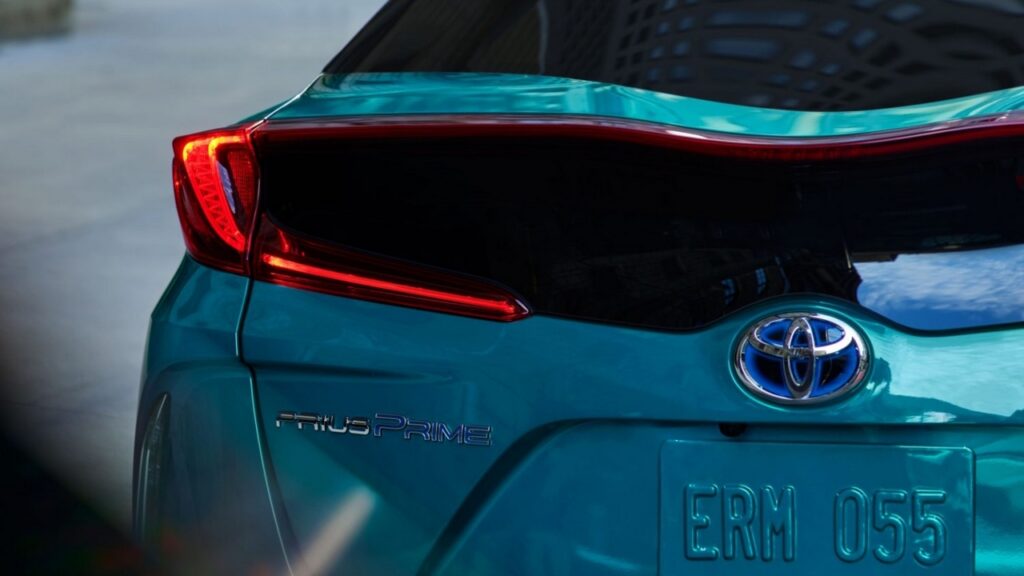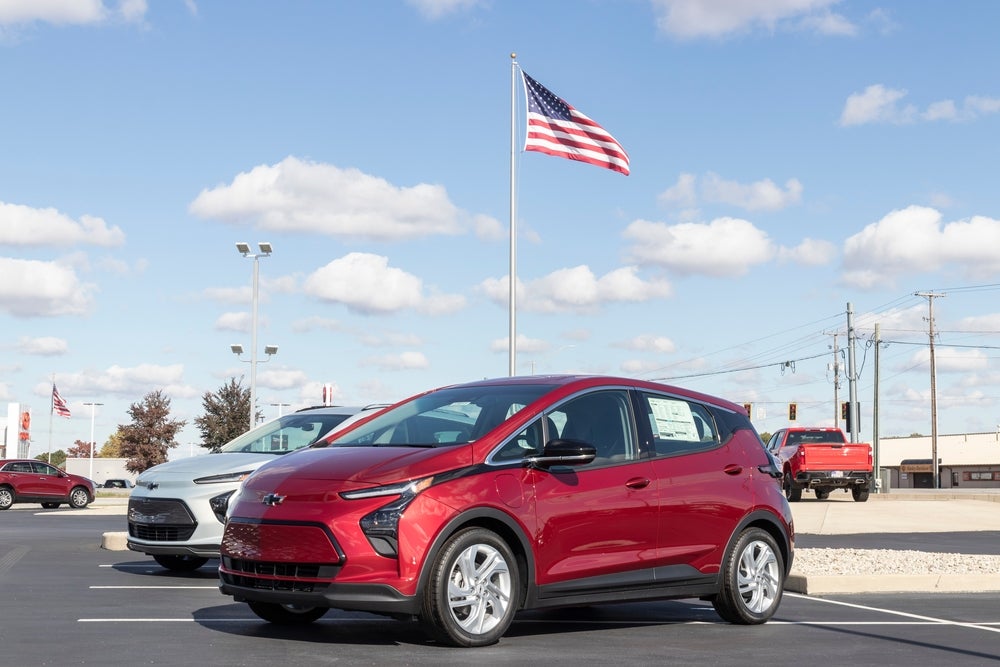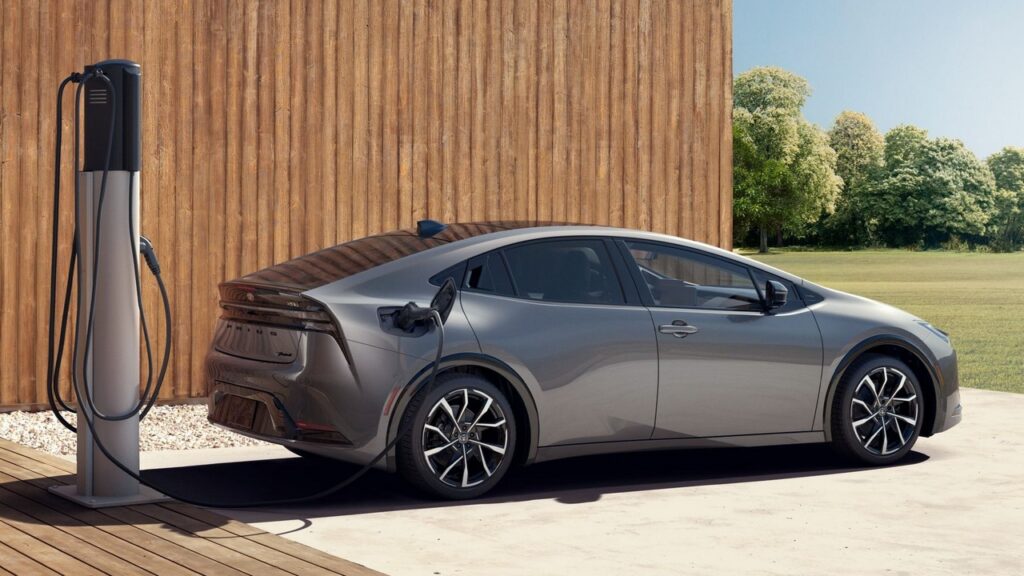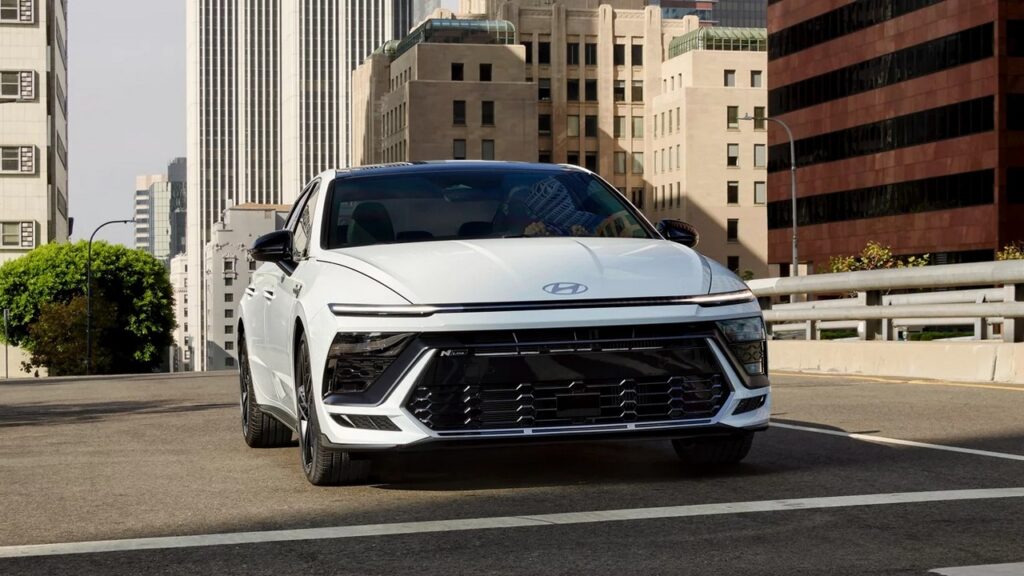Buyers determined to reduce carbon emissions and save on fuel are driving America’s automakers to stake their futures on electric vehicles (EVs) dominating sales in the coming years. However, while EV sales are increasing, they are not meeting the industry's ambitious timetable to move away from combustion engines.
Instead, buyers are turning to technology over a quarter-century old, the gas-electric hybrid, whose popularity continues to surge. These hybrids switch between gas and battery power to maximize efficiency. In 2023, Americans have purchased over a million hybrids, marking a 76% increase from the previous year, as reported by Edmunds.com.
Here are five advantages that hybrid cars have over electric cars:
1. Easier On The Wallet

Hybrids stand out for their affordability compared to their fully electric counterparts. While hybrids may be slightly more expensive than conventional cars, they are significantly cheaper than EVs. For instance, while the average EV buyer spent around $50,798 in December 2023, a 2024 Toyota Prius hybrid starts at just $28,745. This price difference makes hybrids particularly attractive during times of high borrowing costs.
2. Better Range

One of the biggest advantages of hybrid cars is their extended driving range. Hybrids leverage both an internal combustion engine and an electric motor, allowing for longer distances between refuelling or charging. For example, the Toyota Prius Prime can travel over 600 miles combined, far outstripping the range of many EVs which can struggle to meet their advertised ranges under real-world conditions.
3. Faster Refuelling

Hybrids also offer faster and more convenient refuelling options compared to EVs. Charging an electric vehicle can take anywhere from 30 minutes with a fast charger to 40 hours with a standard home charger. In contrast, hybrids can refuel at any gas station in minutes and charge their smaller batteries relatively quickly. For instance, the Prius Prime's battery fully charges in about four hours with a Level 2 charger.
4. Improved Reliability

Hybrids deliver superior reliability owing to their dual powertrain systems. While electric motors and batteries are newer and can be prone to issues, the internal combustion engine part of a hybrid has been perfected over decades. This combination means hybrids often offer a backup option if one system fails, leading to higher reliability ratings compared to pure EVs, which currently lag in this area.
5. Wider Availability

Finally, hybrids are more widely available and practical in more regions compared to EVs, which require a robust charging infrastructure to be viable. The pervasive presence of gas stations ensures that hybrid vehicles can be conveniently used anywhere without the range anxiety associated with EVs. This makes hybrids a more accessible and practical choice for many drivers around the world.
© 2025 Benzinga.com. Benzinga does not provide investment advice. All rights reserved.
Comments
Trade confidently with insights and alerts from analyst ratings, free reports and breaking news that affects the stocks you care about.